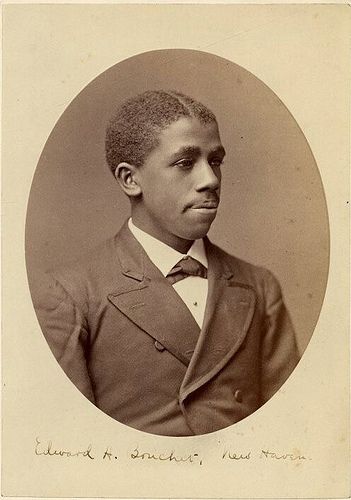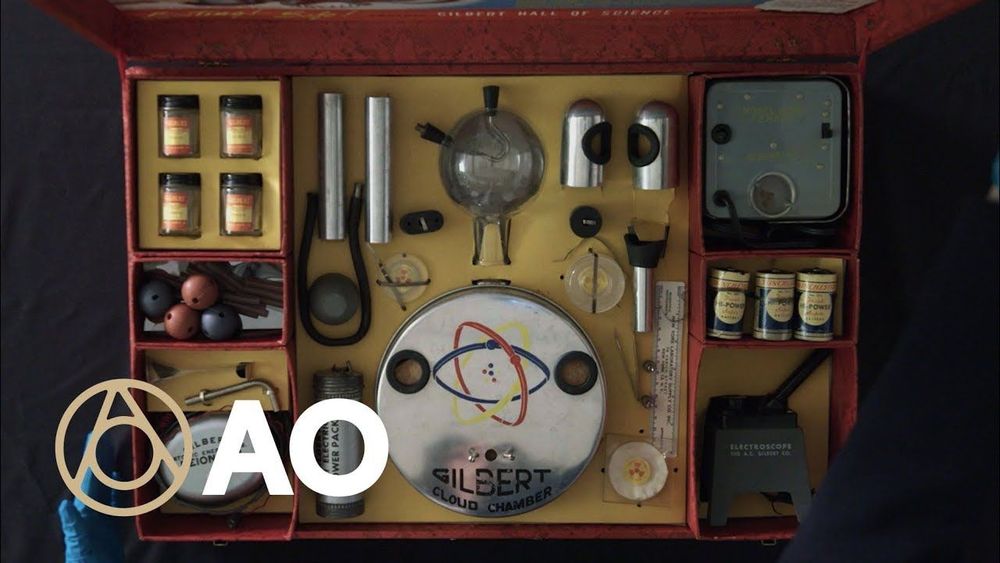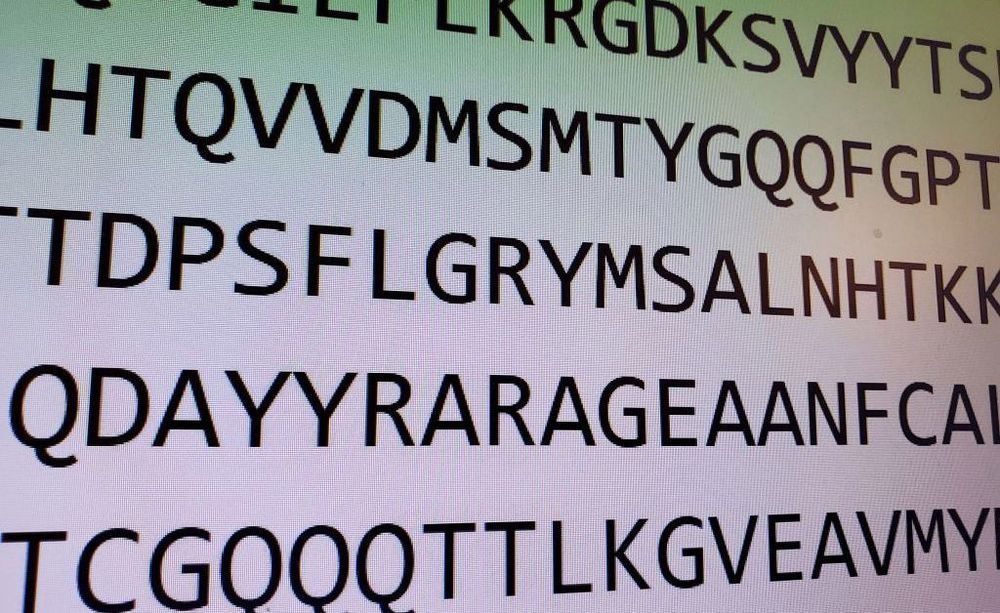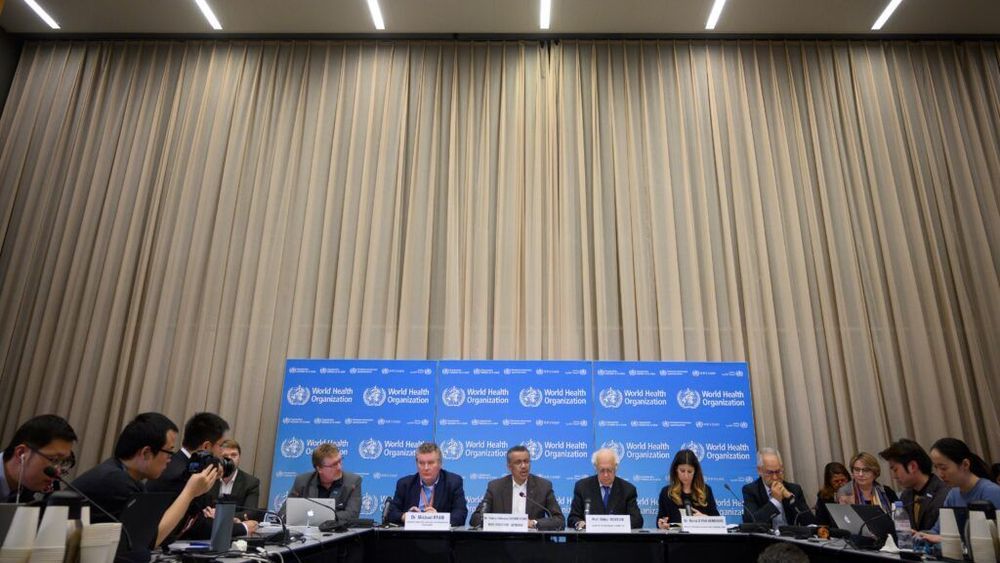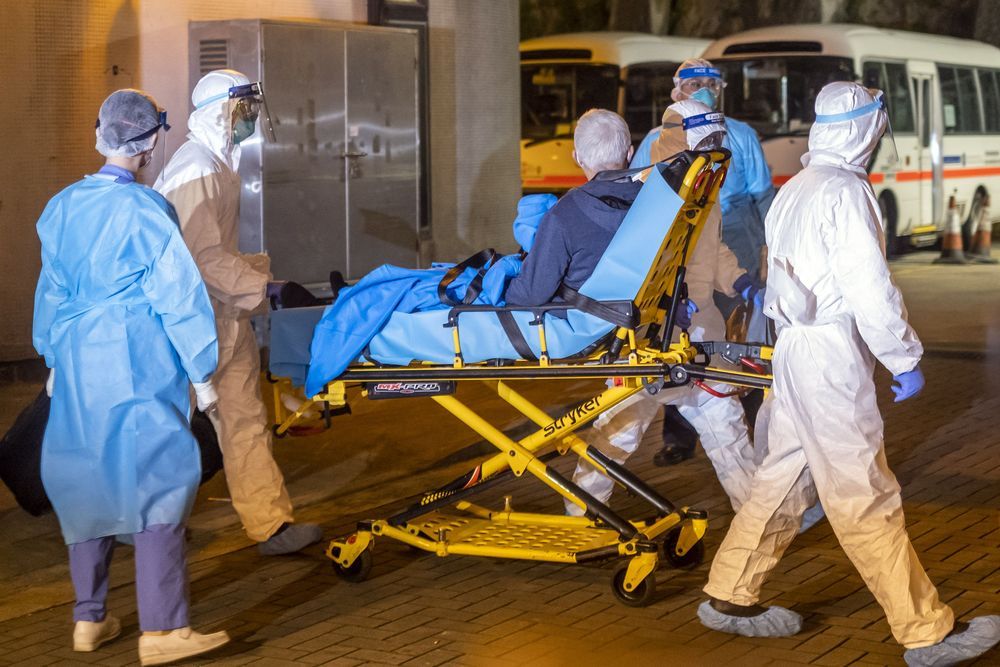Feb 2, 2020
Edward Bouchet
Posted by Genevieve Klien in categories: chemistry, education, health, physics
Edward Alexander Bouchet (September 15, 1852 – October 28, 1918) was an African American physicist and educator and was the first African-American to earn a Ph.D. from any American university, completing his dissertation in physics at Yale in 1876. While completing his studies, Bouchet was also the first African American to be inducted in to Phi Beta Kappa for his stellar academic performance in his undergraduate studies. Bouchet’s original research focused on geometrical optics, and he wrote a dissertation entitled “On Measuring Refractive Indices.”
Unfortunately, after completing his dissertation, Bouchet was unable to find a university teaching position after college, probably because of racial discrimination. Bouchet moved to Philadelphia in 1876 and took a position at the Philadelphia’s Institute for Colored Youth (now Cheyney University of Pennsylvania), where he taught physics and chemistry for the next 26 years. Bouchet spent the next several years in several different teaching positions around the country. In 1916, Bouchet returned home to New Haven in poor health, and died in 1918 at age 66.
Dr. Bouchet’s impact on physics still resonates today around the world. The American Physical Society (APS Physics) confers the Edward A. Bouchet Award on some of the nation’s outstanding physicists for their contribution to physics. The Edward Bouchet Abdus Salam Institute was founded in 1988 by the late Nobel Laureate, Professor Abdus Salam under the direction of the founding Chairman Charles S. Brown. In 2005, Yale and Howard University founded the Edward A. Bouchet Graduate Honor Society in his name.
